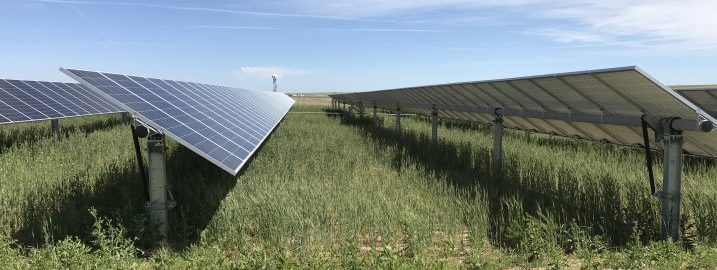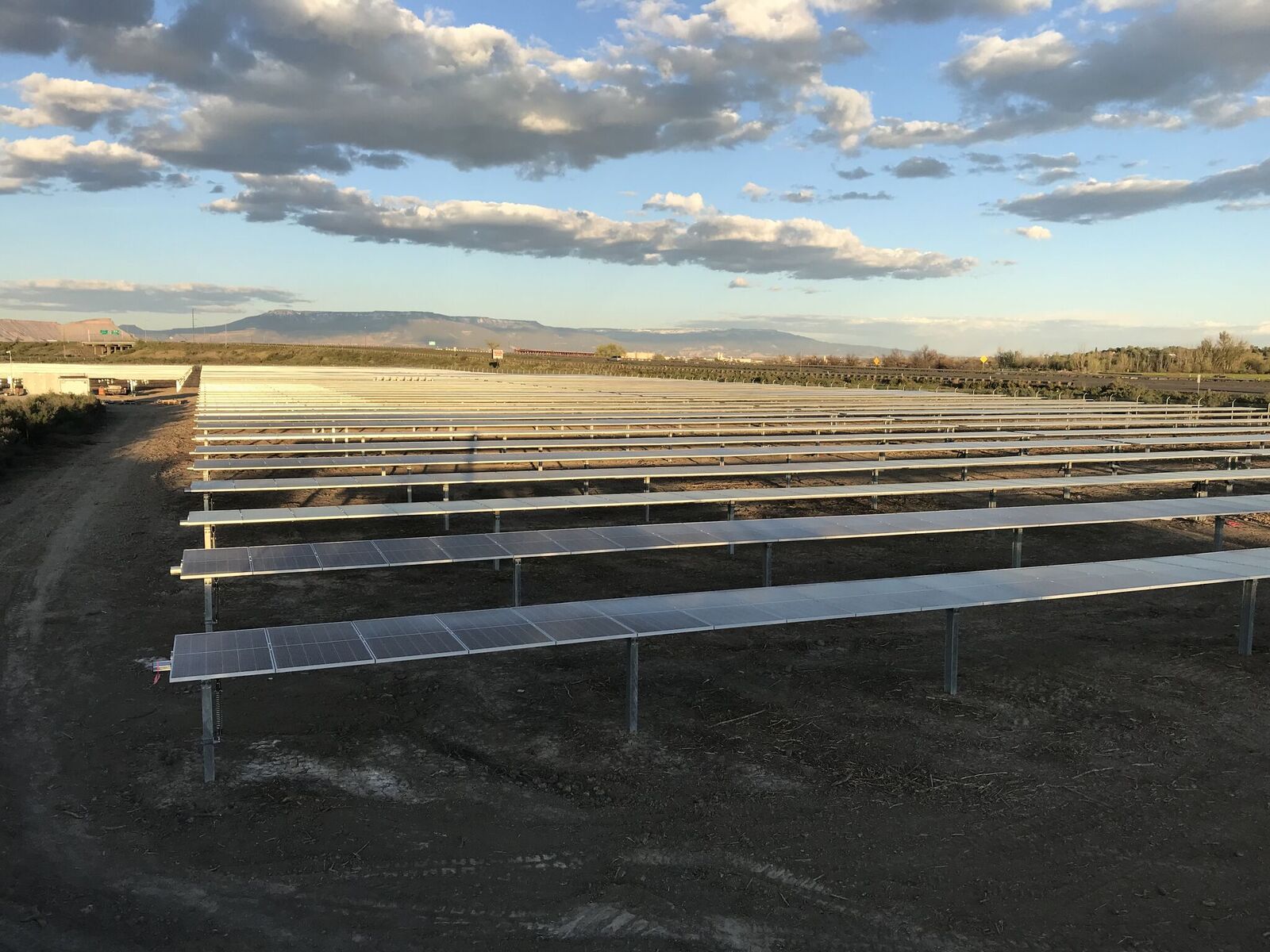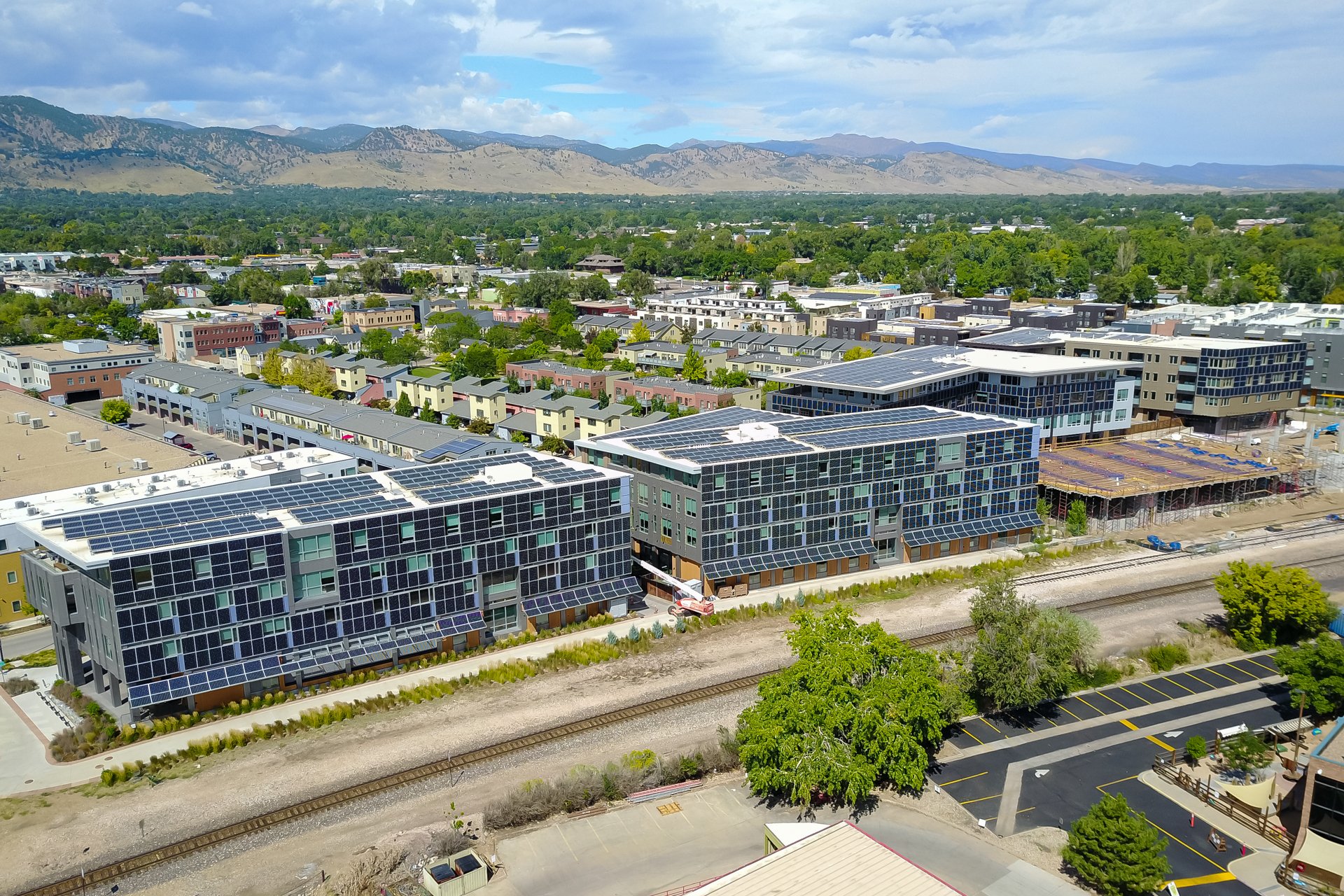LMI carve-outs aren’t really making community solar more equitable
October 3, 2019

Author: Kacie Peters
Director, Business Development
Community solar is often idealized as the magic bullet for many of the issues associated with traditional solar – offering scale to reduce cost, delivering access to clean energy for 51% of the population that rents or lives in homes unsuitable for onsite solar installations, and providing increased local grid resiliency, amongst many others. More recently, community solar has been acclaimed for one of the most important and unique benefits it provides: equitable access to clean and affordable solar energy for low- and moderate-income households (LMI) who have been traditionally left out of solar. As a result, we are seeing legislators and regulators design programs that specifically set out goals to ensure LMI households are not just included but are integral players in new community solar projects – a noble goal that the industry is proud of and supports.
Unfortunately, even the best intentions are causing challenges that can make the promise of equity significantly less attainable. Often, in order for an LMI household to subscribe to these community solar programs, they are subject to unreasonable and oftentimes humiliating verification processes. Similarly, subscriber managers are placed in difficult compliance and security positions, and financiers are deterred by the presumed risk. In order to solve the problem, we must address the unique needs of the LMI community, the true goals of an equitable community solar program, and look to new program models and partnerships that truly provide access to solar for all.


